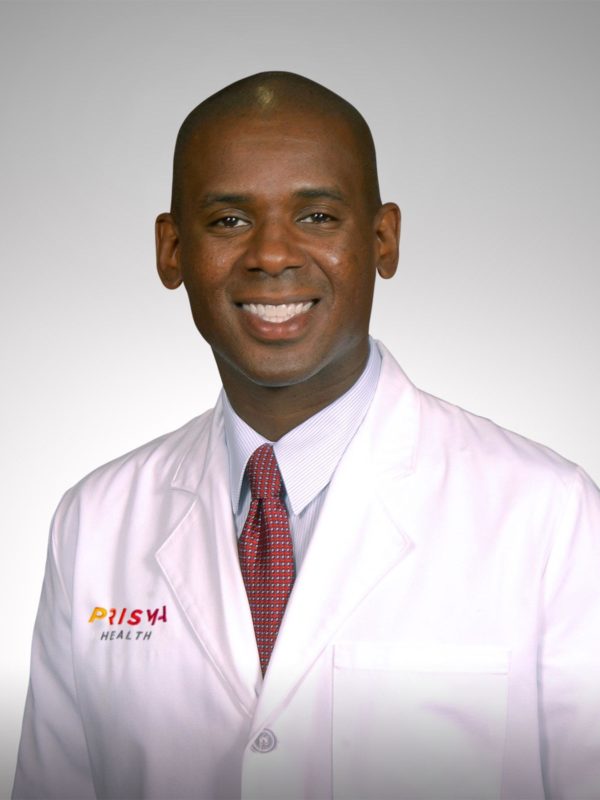Colon cancer and race
Although colon cancer is one of the most common and preventable cancers in the U.S., it is hitting minority communities especially hard. African Americans are 20% more likely to be diagnosed with colon cancer and 40% more likely to die from the disease. Cedrek McFadden, MD, explained what might be driving this trend.
He said there are several reasons why African Americans are at greater risk for colon cancer, including:
- Family history. Risk factors such as diet, obesity, and other environmental factors play a role in the overall health of families. For example, a diet high in red meat, processed meats or fat can play into risk factors that can lead to colon cancer.
- Access to quality healthcare. It isn’t just access to health care, but access to quality health care that is important for your overall health. Attentive health care allows us to address possible health conditions that could lead to cancer or other diseases.
- Access to a supportive doctor/patient relationship. It is important to have access to a healthcare provider where there is open and clear dialogue, allowing both parties to understand each other with the elimination of unconscious biases.
- Ability to get a colonoscopy. The process of having a colonoscopy can be full of obstacles, including navigating the health care system, paying for the procedure and getting a ride to and from the procedure.
“All of the above factors, which are prominent in our minority communities, can influence someone’s overall health and risk of colon cancer,” said Dr. McFadden.
If you are experiencing symptoms (rectal bleeding, fatigue, a change in bowel habits, abdominal pain or unexplained weight loss) or have a family history of colon cancer, it is important to talk to a doctor about a colonoscopy. The American Cancer Society guidelines recommend that people with average risk get an initial screening at age 45, while individuals who have a family history of colorectal cancer should be screened earlier. Remember, screenings save lives.
Find a doctor
Whether you’re looking for a primary care physician or need to see a specialist, we’re here to help with experienced, compassionate care near you.
Find a Doctor

